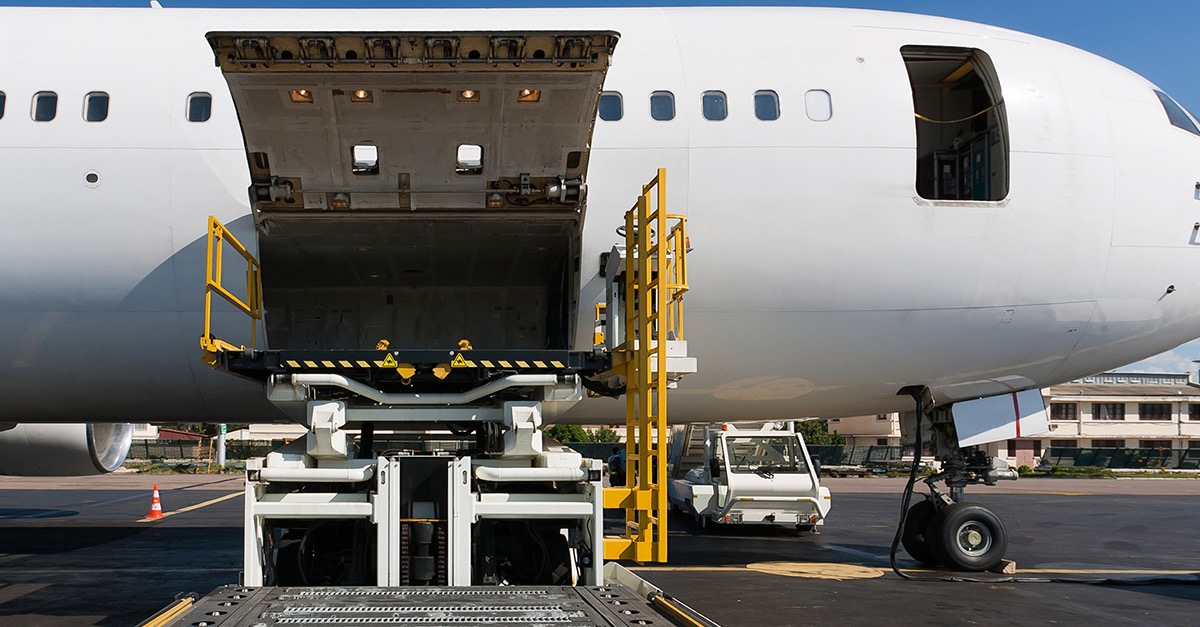By Captain Scott Schwartz, ALPA Dangerous Goods Committee Chairman
For years, ALPA has been advancing awareness on the hazards associated with the bulk shipment of lithium batteries. Lithium batteries are more volatile than many goods currently classified and shipped as “dangerous goods,” and yet most shipments are excepted from the regulations associated with dangerous goods. Why?
Lithium batteries can self-ignite when damaged, defective, or exposed to a heat source. They also burn incredibly hot, and FAA testing has shown that fires involving lithium batteries are unresponsive to halon, the traditional extinguishing agent used aboard aircraft.
These dangers were highlighted last week when the U.S. Consumer Product Safety Commission concluded that “hover boards” are too dangerous and asked manufactures and sellers to take these items off the market.
The International Civil Aviation Organization (ICAO) has recognized the very real threat of transporting lithium batteries and has banned cargo shipments of lithium-metal batteries (which power flashlights, smoke detectors, and non-rechargeable cameras, for example) on passenger aircraft because they are even more volatile than lithium-ion batteries, and FAA testing has shown definitively that lithium-metal fires are unresponsive to typical on-board extinguishing agents. However, despite the same risk that these batteries pose on cargo aircraft, inexplicably lithium-metal batteries are still shipped in bulk on all-cargo aircraft.
ALPA has been pursuing action domestically calling for enhanced regulation, as well as through the ICAO Dangerous Goods Panel, to improve international technical instructions for the shipment of lithium batteries. This week, ICAO took an important step by adopting an interim ban on the shipment of lithium-ion batteries on passenger airliners until adequate packing instructions are in place. However, this ban does not include all-cargo aircraft. While we support this development, it should be noted that many countries, including the United States, most airlines have already voluntarily banned cargo shipments of lithium-ion batteries on passenger aircraft. It is important that ICAO take additional steps by developing improved packaging instructions, applicable to all aircraft shipments passenger and cargo alike, that guarantee lithium battery fires will not spread. It's also time for ICAO to remove the exceptions applied to lithium batteries.
On a separate front, ALPA has been calling on Congress to provide proper guidance to our regulators to ensure that the U.S. continues to be a world leader on aviation safety. Congress should expeditiously pass legislation to ensure all shipments of lithium batteries, both lithium-metal and lithium-ion, are fully regulated as outlined in dangerous goods standards and regulations, and to require labeling, quantity limits, crew notification, airline acceptance checks, and packaging standards so as to mitigate any risk a fire could pose to passengers, crewmembers, and the aircraft.
The United States has been a leader in aviation safety, and ALPA will work tirelessly on all fronts to ensure that our nation maintains that status. Now is the time to make real progress toward the safe shipment of lithium batteries.


